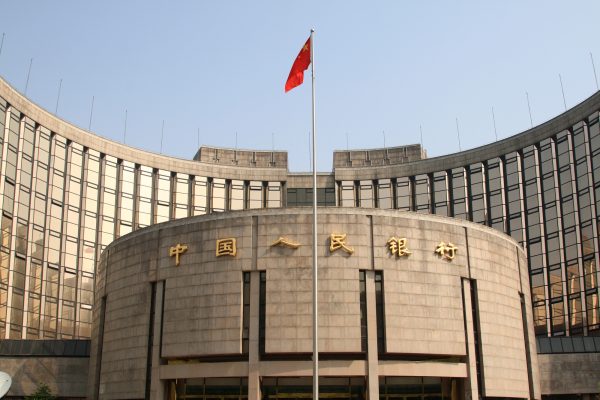Who truly has Beijing’s ear when it comes to economic policymaking? As China navigates a period of profound economic challenges, this question has taken on new urgency.
While outsiders often perceive China’s economic policies as dictated in a top-down, insulated manner, the reality is more nuanced. Policy-making in Beijing frequently involves regular engagement with trusted experts through roundtables, study sessions, and advisory committees. The voices shaping economic strategy extend beyond the Chinese Communist Party (CCP)’s inner circle to include a select “brain trust” of economists whose ideas inform and influence key decisions.
To understand China’s policy direction, it is crucial to identify this brain trust. Our project does just that by analyzing the perspectives of economists who have become integral to the policymaking process. These figures include chief economists at major financial institutions, respected academics, and former officials with deep experience in economic governance. By examining their insights, we aim to uncover where their views align, where they diverge, and what these dynamics reveal about China’s economic challenges and priorities.
We selected these experts based on five dimensions: influence, prominence, rigor, political proximity, and expertise. Together, they offer a window into the intellectual framework underpinning Beijing’s economic decision-making.
The debates among these experts shed light on the priorities shaping China’s economic policies and offer insight into the trade-offs Beijing must grapple with. Understanding these voices is critical – not just to predicting China’s next moves but also to grasping the constraints and opportunities within its evolving economic system.
By unpacking the perspectives of China’s economic whisperers, we aim to shed light on the most pressing economic policy debates of recent months and delve into the areas where expert opinions converge and diverge.
Stabilizing the Pr
Continue Reading on The Diplomat
This preview shows approximately 15% of the article. Read the full story on the publisher's website to support quality journalism.
